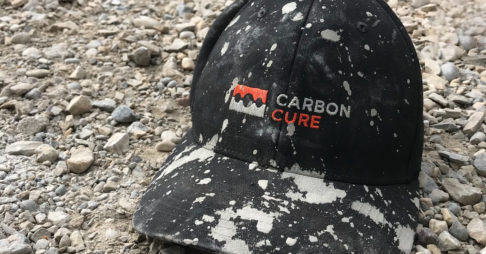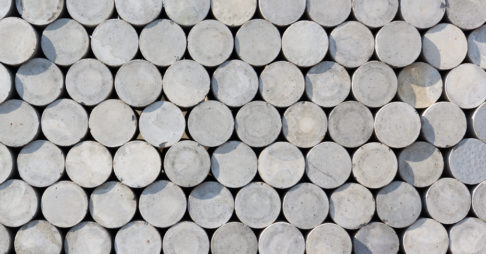The construction industry continuously seeks methods to improve the quality of concrete while also lowering its environmental impact.
The introduction of CO₂ as a cement hydration enhancer has gained some attention for its role in contributing to carbon reduction and removal.
This blog examines the mechanisms and benefits of CO₂ as a cement hydration enhancer in concrete.
Hydration in Concrete Production
Hydration is at the heart of concrete's strengthening process. During hydration, cement particles react with water to mainly form two hydration products: calcium-silicate hydrate (CSH) and calcium hydroxide (CH), which bind the aggregates together.
The density and stability provided by CSH are essential for the concrete’s strength and durability, while CH ensures a highly alkaline environment, protecting the steel reinforcements from corrosion.
What is a Cement Hydration Enhancer?
Cement hydration enhancers are additives that improve the chemical reaction between cement and water — known as hydration — to enhance the performance characteristics of concrete. They could be described as vitamins for concrete. Just as vitamins can boost health, hydration enhancers maintain the health of concrete.
Cement, when mixed with water, undergoes a chemical reaction which is essential for the concrete to set and harden. Adding CO₂ to this mix using CarbonCure technology is like giving concrete a superfood, creating an extra-hard substance called nano-calcite.
In essence, the presence of nano-calcite particles provides both physical (filler, dilution, and additional nucleation sites) and chemical (potential reaction with reactive alumina) effects. As such, nano-calcite particles can facilitate the reduction of some of the cement content required to achieve the desired performance of the concrete. At the same time, the carbon footprint of the concrete is greatly reduced in two ways:
- Through the reduction of carbon-intensive cement content
- By injecting recycled CO₂ into the mix where it mineralizes and becomes permanently sequestered in the concrete
CarbonCure as an Effective Cement Hydration Enhancer
CarbonCure is a new approach to enhancing cement hydration. By injecting CO₂ into fresh concrete, CarbonCure doesn't significantly alter the regular cement hydration reaction. Instead, it adds to the process by forming nano-calcite alongside the primary hydration products without affecting the quantity of CSH and CH produced.
Maintaining Concrete Alkalinity
The CO₂ injected by CarbonCure does not lower the CH levels — so the concrete retains its alkaline environment and continues to protect against corrosion. The presence of nano-calcite also strengthens the overall matrix, potentially enhancing the concrete's properties.
Ultimately, CarbonCure's technology is an effective cement hydration enhancer. By maintaining the concrete's strength and durability while utilizing CO₂, a byproduct of industrial processes, CarbonCure offers an innovative and sustainable approach to modern construction practices.
To learn more about CarbonCure, contact our team.

How SBTi’s New Standards Could Unlock Corporate Climate Potential

